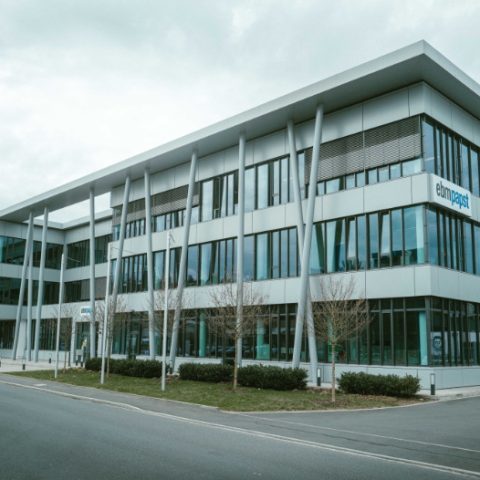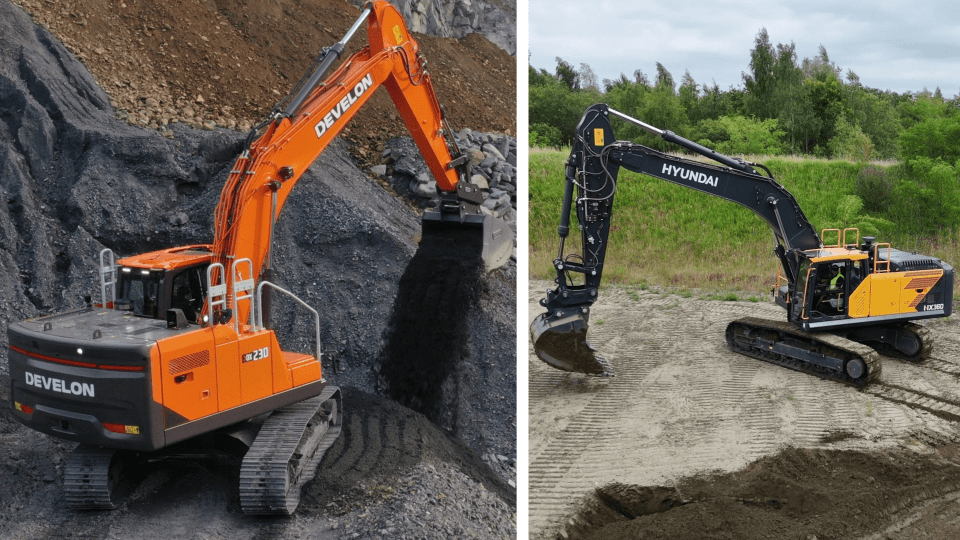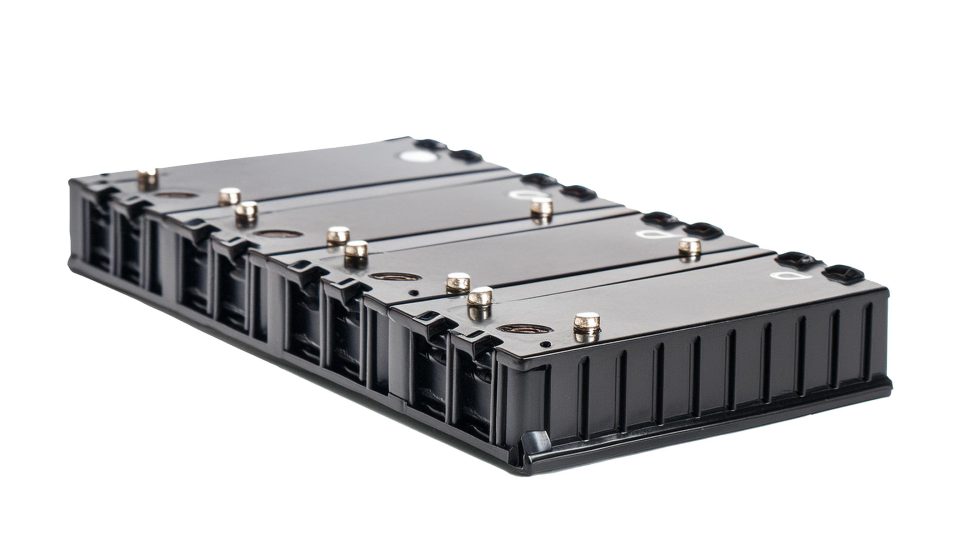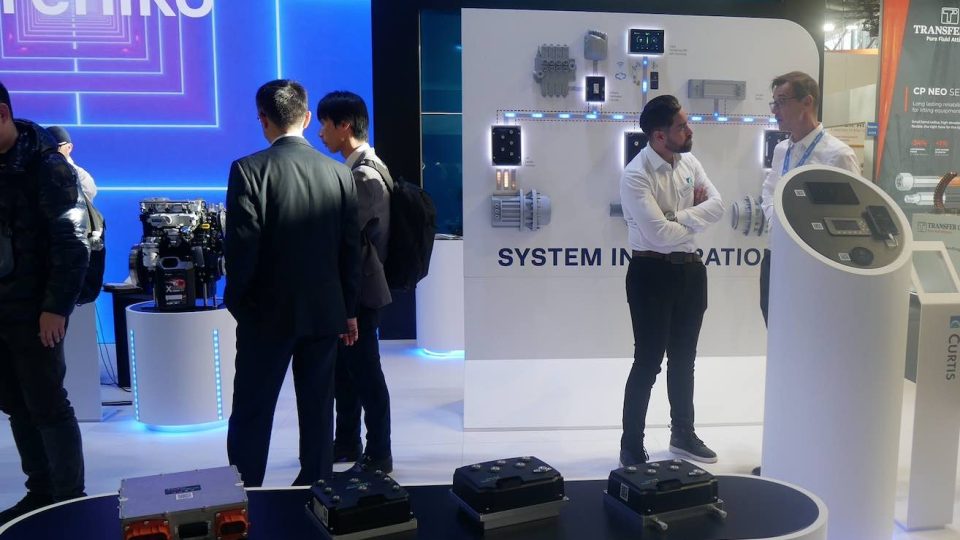Siemens to acquire drive technology business of ebm-papst
Siemens has signed an agreement to acquire the industrial drive technology (IDT) business of ebm-papst. The planned acquisition will complement the Siemens Xcelerator portfolio.

Siemens has signed an agreement to acquire the industrial drive technology (IDT) business of ebm-papst. The business, which employs around 650 people, includes intelligent, integrated mechatronic systems in the protective extra-low voltage range and innovative motion control systems. These systems are used in free-range driverless transport systems. The planned acquisition will complement the Siemens Xcelerator portfolio and strengthen Siemens’ position as a leading solutions provider for flexible production automation.
Cedrik Neike, member of the Managing Board of Siemens and CEO of Digital Industries, said: “The acquisition will enable us to tap new business and customer potential in the rapidly growing market for intelligent, battery-powered drive solutions in intralogistics as well as mobile robot solutions.”
The transaction is to be completed by mid-2025, subject to the necessary foreign trade and merger control approvals. The IDT business of ebm-papst is located in St. Georgen and Lauf an der Pegnitz, Germany, and in Oradea, Romania.
“The acquisition by Siemens is a strategically significant step for us. What our industrial drive technology (IDT) business had lacked until now was a global sales organization for maximum growth. Siemens is a long-standing customer and a company with strong international market penetration and an extensive customer base. The integration that has now been agreed upon will give our IDT business global market access. It will open up new horizons for innovation and further growth,” added Klaus Geißdörfer, CEO of the ebm-papst Group. “We’ll use the proceeds from the sale of the IDT business to further expand our Air Technology and Heating Technology divisions, to further strengthen our three regions – Europe, Asia and the Americas – and to invest in future fields of our product portfolio, such as digitalization and sustainability.”











